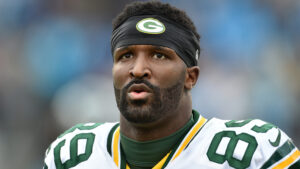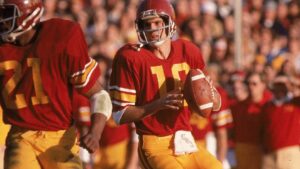It was an early season game in November of 2017 when Kevin Love’s Cleveland Cavs were hosting the Atlanta Hawks and right from the very start of the game, he didn’t feel well. Things got progressively worse and in the second half, he ran off the court and into the locker room where he collapsed on the floor. Lying on the ground and having a hard time breathing, Love thought he was having a heart attack. A member of the Cavaliers organization accompanied Love to the Cleveland Clinic where they ran a series of tests and he was relieved to learn that his heart was just fine.
Love had suffered a panic attack.
Two days later, Love was back in the lineup in a game against the Milwaukee Bucks. He scored 32 points in a Cavs win, but something still didn’t feel right. Although he felt good about being back in action, he recalled feeling relieved that not many people knew why he left the game against the Hawks. In an essay that Love wrote for The Players Tribune he said, “I was left wondering why it happened — and why I didn’t want to talk about it.”
On the GameChange podcast, Thru the Tunnel, company co-founders Paul McDonald and Jack Baric discuss mental health among athletes and why Love might have been reticent to talk about his anxiety attack. Baric states, “In many places, but I think in a professional sports locker room especially, this idea of needing to project strength and if you admit to any kind of things like this, it could be perceived as a weakness. And being soft was a term you’ll hear.”
Love didn’t want to be viewed as soft by his teammates and other players in the league. Interestingly, a player who had proven his grit time after time when fighting back from numerous physical injuries was now concerned that admitting a mental health challenge might make people question his toughness. Love wrote in The Players Tribune, “I didn’t want to look weak.”
McDonald, a former USC All-American quarterback, who played eight years in the NFL, explains the perceived mindset of a pro locker room. “Get tough, be tough, be a man. Men aren’t supposed to show emotions. Right men?” McDonald puts that perception on its ear when he adds, “By the way, I’m telling you here right now, we need to show emotion. We need to be honest with ourselves.” He concludes, “It’s about being vulnerable. And that is real strength.”







